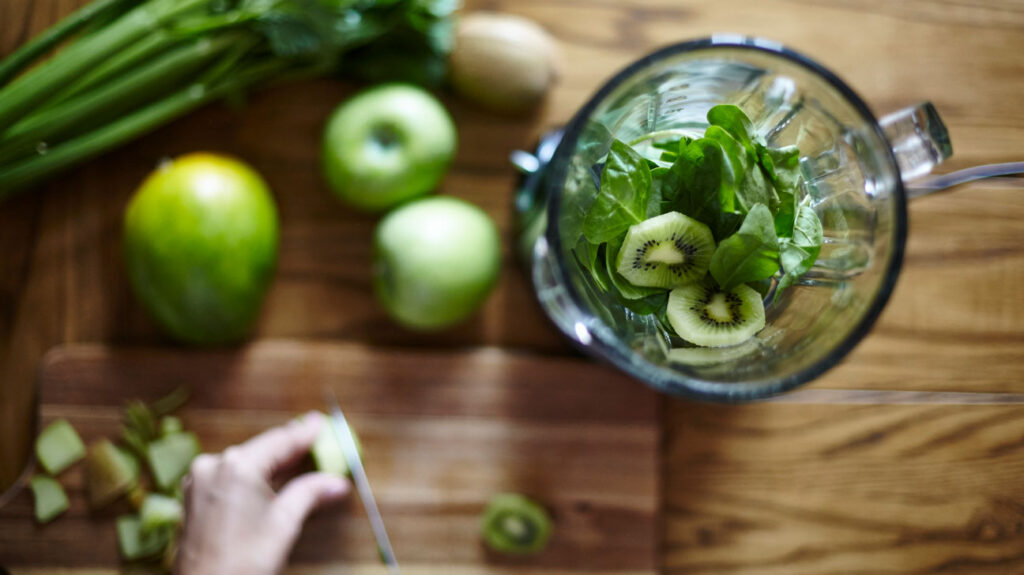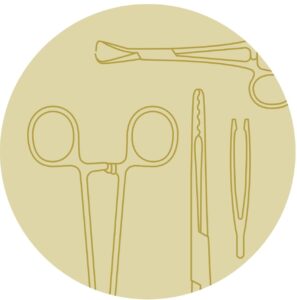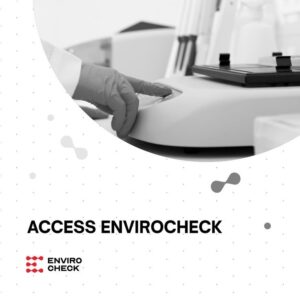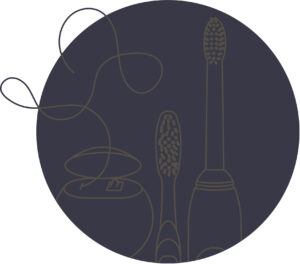ALCOHOL DETOX DIET BENEFITS

Drug detoxing often a difficult process and can be uncomfortable alcohol detox aims to get the drug out of your system. However, it is also important to maintain a balanced diet when detoxing.
During the first 12 to 48 hours after stopping drinking, people may experience withdrawal symptoms such as diarrhea, loss of appetite, and vomiting. These symptoms may have an effect on nutritional intake, electrolyte balance, and body preservation.
Nutrient deficiency can prolong detox and lead to malnutrition. Substance abuse detoxification is associated with vitamins and mineral deficiencies that affect physical and mental health. The body cannot heal without an adequate amount of nutrients.
ALCOHOL DETOX DIET: WHAT ARE THE BEST FOODS?
Eating can be unpleasant for people who are suffering from alcohol withdrawal symptoms. However, if a doctor determines that a patient is healthy enough to eat, nutrition is critical. Detox patients can benefit from a well-balanced, calorie-appropriate meal by addressing food shortages, managing low blood sugar, and improving and maintaining their body weight.
FLUIDS WITH ELECTROLYTES:
People experiencing alcohol withdrawal may lose fluids through vomiting, diarrhea, and sweating. This puts them at risk for dehydration. During the early stage of detox, it is important to remain hydrated to maintain proper heart and kidney function.
The body can be replenished by drinking electrolyte-rich beverages like Gatorade. It’s important not to drink too much water to avoid being intoxicated by it. Water intoxication, a potentially fatal condition where the body holds more fluid than the kidney can remove, occurs when the amount of salt and electrolytes becomes too dilated.
Experts recommend drinking nine to twelve glasses of water a day to help the kidneys and liver remove toxins from the body. Water can also help to alleviate withdrawal symptoms.
VITAMINS AND MINERALS:
B vitamins are imperative for healing during detox. Vitamin B1 promotes proper brain function and alleviates symptoms such as brain fog, memory loss, and fatigue. A lack of B1 vitamins can lead to a brain disorder associated with confusion, vision changes, and hallucination.
Research has found that vitamins B3 also assist individuals in detoxing from alcohol. Vitamin B5, also known as pantothenic acid, aids in the conversion of food to glucose and the removal of alcohol from the body.
PROTEINS:
Protein help restore the liver, kidneys, pancreas, brain, and heart during alcoholism treatment. They also help to heal tissue and stabilize blood sugar.
Protein rich-food include:
- Turkey
- Eggs
- Fish
- Lean red meats
- Chicken
Protein should be given in moderation to malnourished detox patients. Excessive consumption of high-protein foods may put a strain on the liver, which may already be weakened as a result of alcohol abuse.
COMPLEX CARBOHYDRATES:
Complex carbohydrate stabilizes blood sugar levels provide vitamins, minerals, and fiber. Since these foods take longer to digest, they provide energy for a longer period.
Complex carbohydrates include:
- Beans
- Peas
- Bread
- Legumes
- Pasta
- Figs
- Oranges
- Pears
Complex carbohydrates can also be found in fruits and vegetables. Vitamins, dietary fiber, folic acid, and potassium are abundant in fruits and vegetables.Omega-3 fatty acids support neurotransmitter function. Eating fruits and vegetables can reduce the risk for cardiovascular disease, certain cancer, and type 2 diabetes.
EAT HEALTHY FATS:
Incorporating fats into your diet plan helps the body absorbs vitamins and nutrients. Fats such as:
- Coconut oil
- Flaxseed oil
- avocado
- butter
these all provide essential fatty acids that can help prevent numerous health problems including depression.
FOODS TO AVOID IN ALCOHOL DETOX DIET:
Not all foods are beneficial during detox. Certain foods should be avoided. People that are detoxing from alcohol should avoid foods that contain “empty calories,” or calories that have little or no nutritional value. Cookies, sodas, and pizza are examples of foods that are high in empty calories.
SUGAR PRODUCTS:
During detox, your body craves nutrients. While food abundant in proteins and vitamins have numerous benefits sugary products contain few or no nutrients. High-sugar snacks include ice cream, candy bars, and cookies.
While detoxing from alcohol, people can crave sugary, unhealthy foods. However, consuming sugary foods instead of nutritious foods during this period can lead to vitamin deficiencies, putting the body under additional stress.
CAFFEINE:
As a result of alcohol withdrawal, detox is a painful process that can cause insomnia, depression, and anxiety. Caffeine will make you feel jittery, nervous, and increase your heart rate. Caffeine can cause a variety of side effects, including headaches, dizziness, heart attacks, pregnancy complications, and addiction.
Alcoholism is a condition that can be treated with scientifically proven methods.
You may lose your appetite when detoxing from alcohol. But don’t let this put you off. The alcohol rehab center is committed to helping you through this tough period, and a knowledgeable care team will provide you with nutritious food that will help you recover faster from alcoholism.







